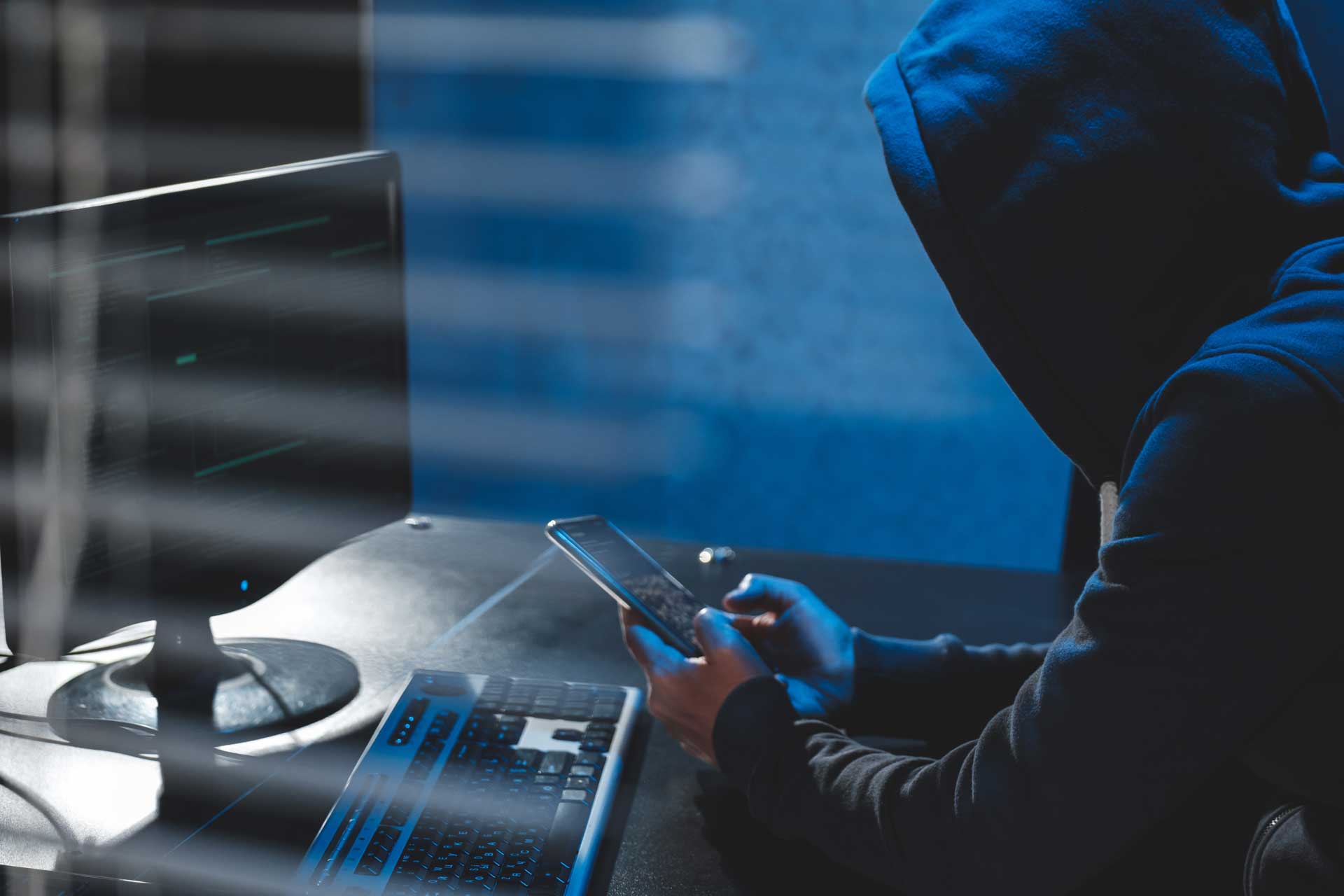Beware of callers claiming to investigate a scam

Scammers will try anything to build your trust in an attempt to steal your money and personal information.
Latest reports tell of a scam where criminals are calling people pretending to be from the National Anti-Scam Centre. They tell you that your phone number is being used in a scam in China and offer to help you ‘clear your record’.
The National Anti-Scam Centre work to make Australia a harder target for scammers. They work together with government and industry to protect Australians by sharing resources and smarter analytics to cover blind spots, strengthen weak links and use data to react faster, stopping scams before they happen.
Spotting the scam
Scammer’s tactics are always evolving, and often they will make it look like the call is coming from a legitimate number, and this latest scam is no exception.
As always, a tell-tale sign is that the National Anti-Scam Centre will never ask for money or personal or financial information. Chances are it’s a scam, and you should hang up on unexpected callers who say they’re investigating a scam.
Recap – how the scam works
- Someone calls you saying they’re from the National Anti-Scam Centre.
- The phone call looks like it comes from a legitimate phone number belonging to a trusted organisation, like the government or police.
- They say they’re investigating a phone number registered in your name that’s being used in a scam in China.
- These criminals may tell you they work with the Chinese Anti-Scam Centre or Chinese police, and say they will help you ‘clear your record’. 4
- They ask you questions to ‘confirm you’re not involved’ in the scam.
- They may spend a lot of time with you, building your trust.
- These criminals will try to threaten you to steal your money, financial and personal information.
Stay protected
STOP – Don’t give money or personal or financial information. Don’t click on any links if you’re unsure. Say no, hang up, delete.
CHECK – Scammers pretend to be from organisations you know and trust – like myGov, your bank, the police or government. You can check the call, message, or email is real by calling the official phone number of the organisation using contact details you find yourself.
REPORT – The more we talk, the less power they have. Report scams to Scamwatch. By speaking up, you protect others and stop scams before they happen. Better safe than scammed.
If you’ve been a victim of a scam
- If you have lost money, contact your bank or financial institution immediately.
- If you’ve had personal information stolen or need support to recover from a scam, contact IDCARE on 1800 595 160.
- Help others by reporting scams to Scamwatch.
- Tell your friends and family: you can share your experience, get support and help to protect others from scams.
For more information about how to avoid or report a scam, visit the Scamwatch website.

 1300 13 22 77
1300 13 22 77